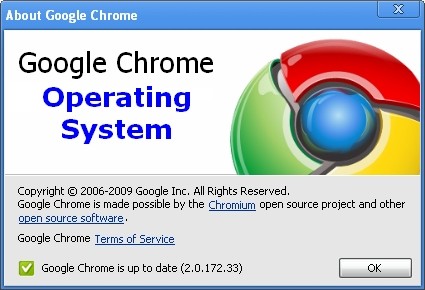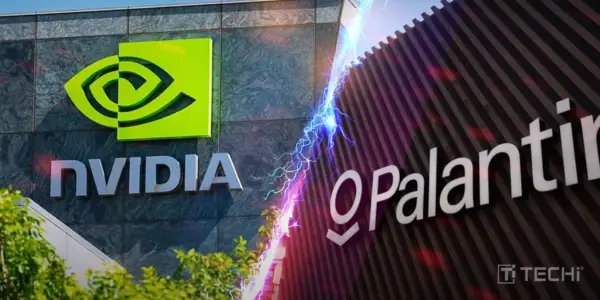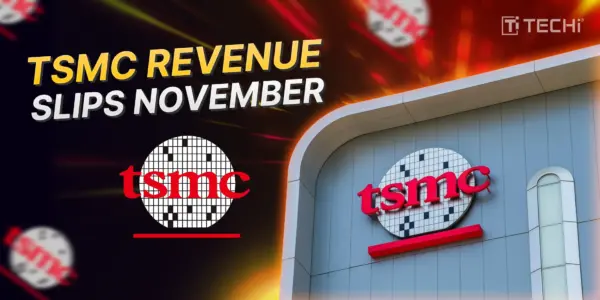We all recall Steve Ballmer’s famed ‘Monkeyboy’ chant as he ran round a stage yelling, “Developers, developers, developers,” and despite leaving himself open for a lifetime of ridicule with the move, he was right.
A platform is nothing without a strong developer community. And that’s why Google’s Chrome OS will let you run your old Windows and Mac desktop apps from your shiny new Chrome laptop, at least, that’s what people are saying…
These rumors began with The Register. That august journal first told us about a process called Chromoting, citing an email from Google software engineer Gary Kacmarcík.
In a posting on a third party Chrome OS-dedicated mailing list, the engineer promised that the new capability means “Chrome OS will not only be [a] great platform for running modern web apps, but will also enable you to access legacy PC applications right within the browser.”
The engineer described Chromoting as working a little like Remote Desktop Connection, a Microsoft solution which lets you access and use PCs remotely via the internet. He didn’t confirm any Mac support, but it is no great stretch to imagine Google may take such a step.
Why this makes absolute sense, of course, is that when the Chrome OS does eventually ship, even a company as big as Google won’t be able to deliver every application users need, nor will it be able to guarantee those applications it does provide will fully service user needs.
Google will also need time to build a developer community, though we can expect next year’s Google I/O event to be an even bigger party than it was this year.
So what’s a search engine giant gonna do when trying to get into an all-new market and blow apart the existing OS trifecta (Mac, Windows, Linux)?
Why, invent a way to run applications built on other operating systems, of course! After all, applications like LogMeIn and GoToMyPC have offered this sort of thing for years.
Chrome OS is essentially Google’s Chrome web browser running on top of a version of Linux. Applications are accessed from within the browser. The OS is expected to appear at the end of 2010, making its debut on netbooks.
What is interesting is the Google engineer’s use of the phrase “legacy PC applications” — especially in light of Apple CEO Steve Jobs recent comments that,
“The times they are a changing, and some traditional PC folks feel like their world is slipping away. It is.”
A move from traditional desktop computing toward a truly mobile solution makes a lot of sense — after all, this is what we’re seeing in the iPhone (now iOS) ecosystem…
Could Google’s new Chrome feature be part of this prevailing change?
Via: The Register




